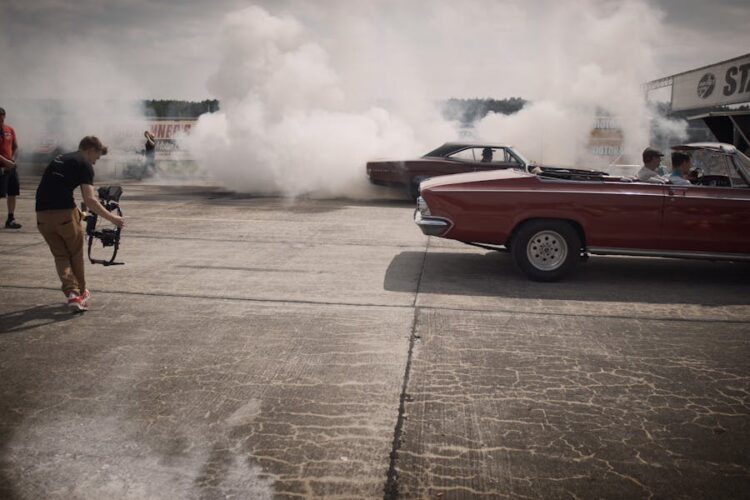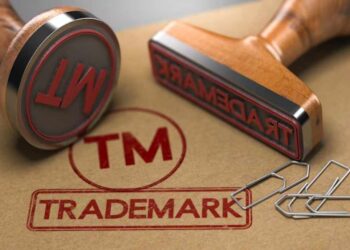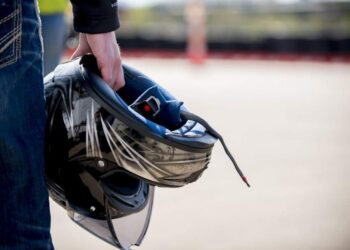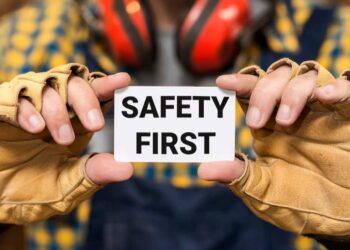Accidents involving company vehicles can seriously affect employees and the company itself.
Whether it’s a minor fender bender or a major collision, these incidents can lead to financial losses, legal liabilities, and damage to the company’s reputation.
As companies heavily rely on their vehicles for transportation and deliveries, the risk of accidents is ever-present.
That’s why businesses must prioritize safety measures and educate employees about responsible driving practices.
More so, they need to educate their employees about what happens when they are in an accident with a company car and what to do next.
Many companies have policies in place and have made their employees aware. If you have been involved in a car accident and are wondering what to do next, continue reading to find out.
Determining Fault and Liability in Company Vehicle Accidents
In the aftermath of an accident with a company car, identifying who is at fault is crucial for navigating insurance claims and potential legal actions.
This process can be complex even in Texas, an at-fault state.’ This means that the party at fault is liable for the damages. But does the same rule apply even when the accident involves company vehicles?
Under the doctrine of respondeat superior, employers may be held liable for accidents caused by their employees while performing work-related duties.
This legal principle does not require the employer to have been negligent themselves; it is sufficient that the employee acted within the scope of their employment.
However, there are limits to employer liability. If you were not performing work-related duties during the accident—perhaps running a personal errand—then you may be held personally liable. This situation is often called “frolic,” a claim will usually be filed against your insurer.
Employers are also accountable for ensuring that company vehicles are well-maintained and that employees are adequately trained to prevent accidents.
Both employees and employers have roles to play in maintaining safety and can be held accountable under different scenarios.
State and Local Law Considerations
It’s essential to be aware of the specific laws in your state or local jurisdiction that can affect the outcome of a vehicle accident involving a company car.
These laws can dictate the extent of coverage and liability, influencing both personal and employer responsibilities.
Knowing these legal nuances can help you understand the potential implications of using a company vehicle, whether you’re on the clock or not.
Steps to Take After an Accident in a Company Vehicle
The unthinkable has happened, and you are in a car accident involving a company vehicle. What’s next?
- Ensure Safety First – If you’re involved in an accident, your first action should be to ensure everyone’s safety. Check for any injuries and call 911 if medical assistance is needed. If the accident scene is hazardous, look for an immediate nearby location and stay there.
- Secure the Scene – If your vehicle remains operational and there are no severe injuries, move it to the roadside to mitigate the risk of additional accidents or traffic disruptions. You might want to take some videos and pictures before doing so. Ensure to activate hazard lights to notify oncoming traffic and deploy road flares if available.
- Exchange Information – Obtain the names, addresses, driver’s license numbers, and insurance details of all drivers involved. Also, collect the contact information of any witnesses.
- Document the Accident Site – Take images of the crash site, including each vehicle implicated, the state of the road, and visible damages. These images are significant for insurance claims and legal matters.
- Report the crash – Notify the police so they can document the scene and file a report. Even in minor accidents, a police report is important. Inform your employer immediately about the accident to initiate the corporate reporting process.
- Contact Your Insurance – If the other driver was at fault, they’ll be liable, and an insurance claim can be filed against them.
At the same time, if you, as an employer, were undertaking your own errands at the time of the accident, you’ll be liable. As a result, an insurance claim will be filed against you.
However, if you were within your working scope, your employer will be liable, and a claim will be filed against the company.
Types of Compensation You Can in Accidents Involving Company Car
When you’re involved in an accident with a company vehicle, you may be eligible for various types of compensation, such as.
- Compensation for lost wages.
- Reimbursement for medical bills.
- Emotional distress or pain and suffering compensation
Although these non-compensatory damages could be capped depending on state laws.
Legal Assistance and Representation
In some cases, depending the details surrounding the accident, your employer may be reluctant to admit liability. Especially if there’s a question about whether or not you were within your work scope during the accident.
If you believe the accidents happened while performing work-related duties, you need a lawyer. Houston residents, don’t worry; you are already covered by Baumgartner Law Firm, a personal injury law firm you can trust.
Having the right legal representation can significantly influence the outcome of your compensation claim. A skilled car accident attorney will review the facts of your case, represent your interests in court if necessary, and negotiate with insurance companies on your behalf.
They ensure that you are fairly treated and assist in securing the compensation you deserve for injuries and other damages sustained in the accident.
Conclusion
Being involved in an accident with a company car can present a unique set of challenges and questions. Employees tasked with driving company vehicles must understand the nuances of company vehicle accidents.
The aftermath of a car accident involves navigating through insurance claims, determining fault, and potentially dealing with legal implications.
This maze of procedures affects the individuals directly involved and the companies owning these vehicles. This is why it’s important to be informed about the steps to take following such incidents.










